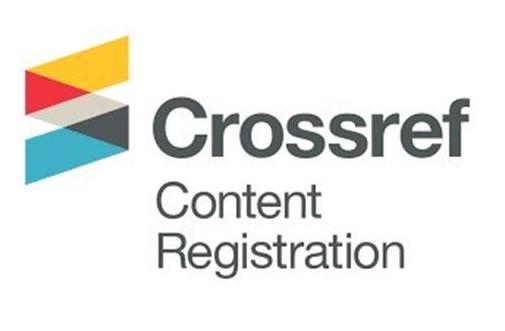Tradition, transmission and production strategies in contemporary arts education
DOI:
https://doi.org/10.34626/esc.vi40.304Keywords:
education, tradition, transmission, art, contemporary, modeling, conditions, results, fallibility, exchange, knowledge, education, tradition, transmission, art, contemporary, modeling, conditions, results, fallibility, exchange, knowledge, effectiveness, art maket, uniqueness, indeterminacyAbstract
Knowledge in art, along with its transmission, is undergoing profound changes that go
beyond problems of integration into the European Higher Education Area. The methods of transmission,
content, strategies or the relation with tradition find themselves subject to a profound
questioning and to irreversible, inevitable changes. The creation of conditions, of support and
learning networks that allow the creation of art and that guide the student to seek what he or she
needs, leads us to educational strategies that defend knowledge that comes about as a consequence
of interchange. Monitoring results in education contrasts with the search for the unforeseeable
in art. The revision of the ideal of efficiency that allows for the introduction of fallibility without penalizing it, or developing new creative tools for interchange with the market, represent a number
of challenges for the current state of education in art.
Downloads
Downloads
Published
How to Cite
Issue
Section
License

This work is licensed under a Creative Commons Attribution-NonCommercial-ShareAlike 4.0 International License.
Authors retain copyright, without restrictions, in their articles and grant the journal right of first publication with the work simultaneously licensed under Creative Commons Attribution ShareAlike Licence 4.0 International (CC BY-NC-SA). Readers are free to copy, display, distribute, and adapt an article, as long as the work is attributed to the author(s) and ESC, the changes are identified, and the same license applies to the derivative work. Only non-commercial uses of the work are permitted.








